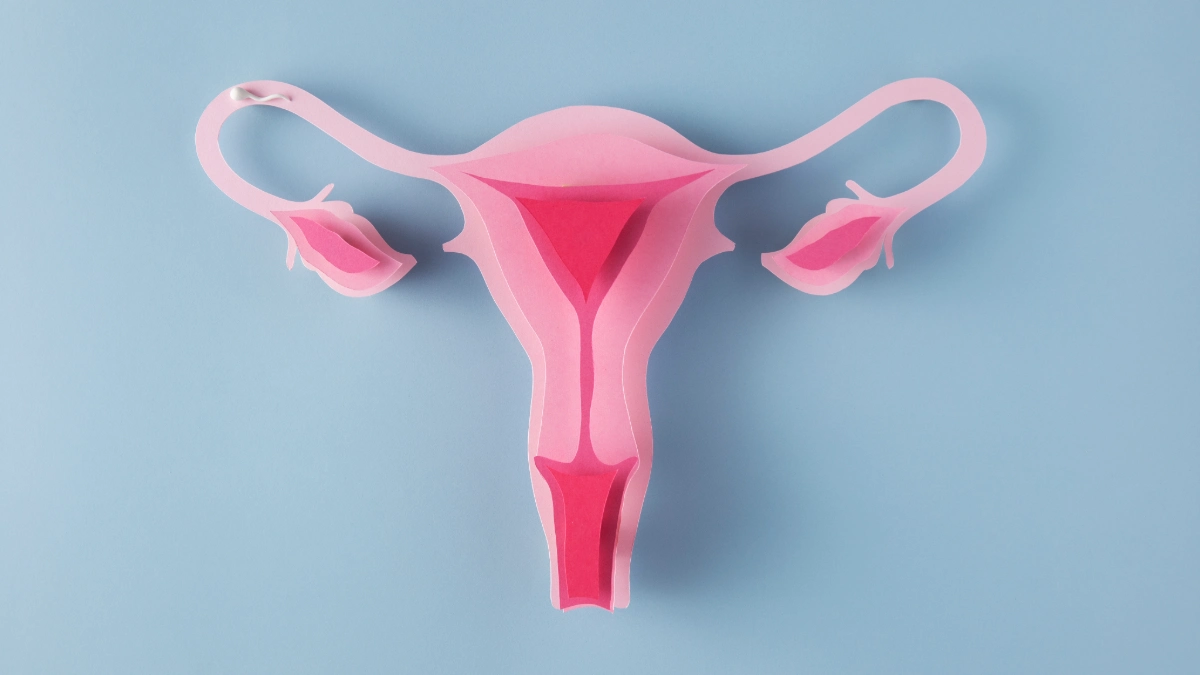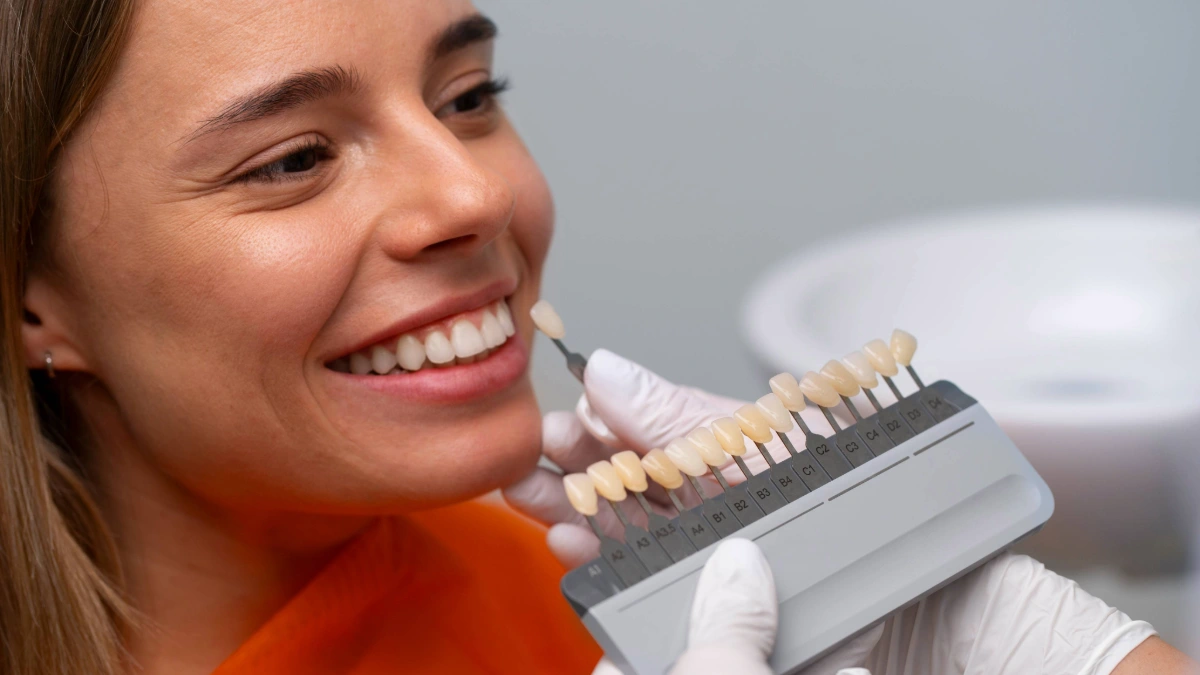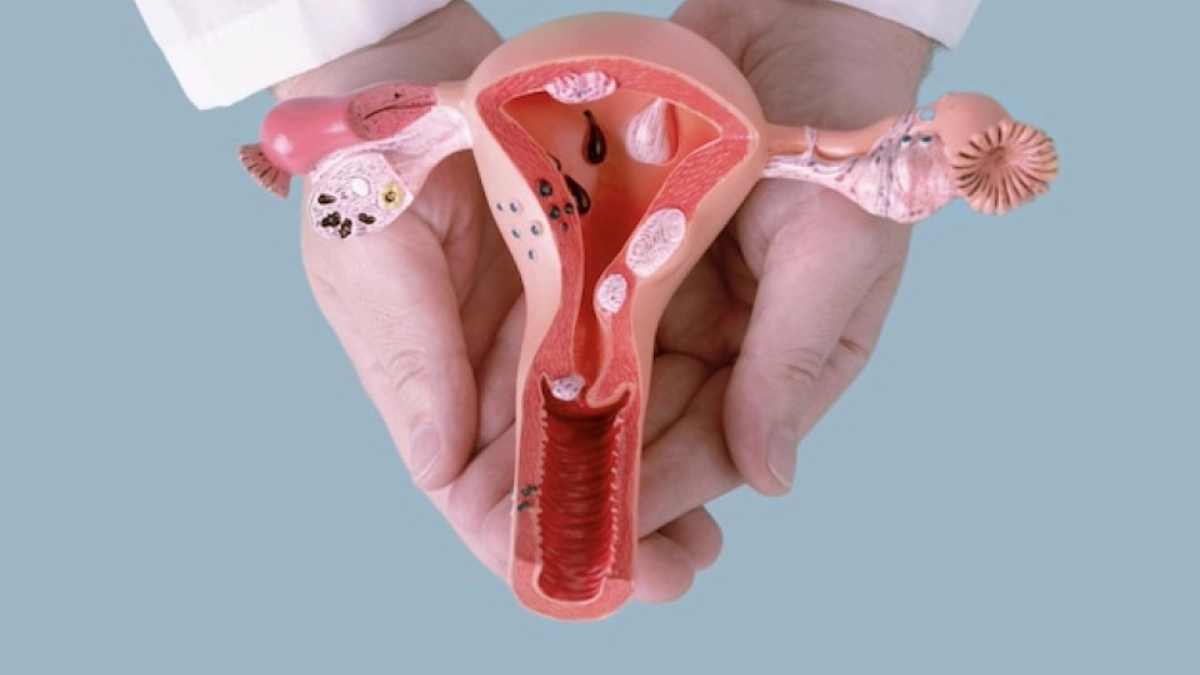Anterior vaginal wall prolapse surgery signals a promising intervention for women who experience the discomfort and inconvenience that accompanies this form of pelvic organ prolapse. When it comes to managing and treating anterior vaginal wall prolapse (AVWP), Avicenna International Hospital combines compassion, expertise, and cutting-edge treatments. Anterior vaginal wall prolapse surgery signifies a vital step in women’s healthcare, particularly for those struggling with this condition.
Understanding Anterior Vaginal Wall Prolapse
Anterior vaginal wall prolapse, often referred to as cystocele, becomes evident when the front wall of the vagina succumbs to pressure and bulges out. These pressure points can originate from various factors including chronic strain due to heavy lifting and constipation, damage during childbirth, or tissue quality deterioration after menopause.
Notably, symptoms of anterior prolapse can range from persistent feelings of pressure in the vagina, difficulty emptying the bladder, pain during intercourse, and frequent bladder infections among others.
Identifying Anterior Vaginal Wall Prolapse Symptoms
Symptomatic anterior prolapse usually contributes towards the following symptoms:
- Incomplete Bladder Emptying: The sensation of persistent fullness in the bladder.
- Persistent Pressure: Noticeable discomfort or prolonged pressure in the vagina.
- Visible or Detectable Bulge: At times, a bulge may be noticeable or even tangible at the opening of the vagina.
- Discomfort During Intimacy: Pain may occur during sexual intercourse.
- Stress Incontinence: Urine leakage during coughing, sneezing or lifting can be experienced.
- Frequent Bladder Infections: With this condition, bladder infections may become recurrent.
It’s essential to consult healthcare professionals when these symptoms persist. An anterior repair at the hospital could alleviate these symptoms and improve the quality of life.
Expert Surgical Procedures for Anterior Vaginal Wall Prolapse
Anterior vaginal wall prolapse repair surgery is an important surgical procedure to rectify this condition. Through anterior prolapse repair, we’ve been able to restore the bladder’s normal location, ensuring better functionality and reducing discomfort for our patients.
Before the actual surgery, our medical professionals may suggest pelvic floor muscle exercises (known as Kegel exercises) or the use of a pessary inserted into the vagina to strengthen the muscle around the vagina. Our surgical procedures are conducted under either general or spinal anaesthesia. The surgery typically entails making a surgical cut through your vagina and moving your bladder back to its normal position amongst other necessary actions and precautions.
What Anterior Vaginal Wall Prolapse Repair Surgery Entails
Generally, the surgery is performed under general or spinal anaesthesia to ensure patients are relaxed and do not experience pain. The procedure involves a surgical cut through the front wall of the vagina, returning the bladder to its normal location. The vagina may be folded or trimmed, followed by the placement of sutures to hold the walls of the vagina in the correct position.
A patch—typically crafted from commercially available biological material—is placed between the bladder and vagina to provide added support. This material choice aligns with the FDA guidelines. It bannes the use of synthetic and animal tissue in the vagina for treating this condition.
Getting Ready For Surgery
Identifying the symptoms is only the beginning. Your healthcare journey entails more processes than mere recognition. Preparation for anterior prolapse repair includes various steps:
- Initial Consultation. Discussion of the procedure, risks, recovery time, and answering all your questions to ensure you fully comprehend the treatment.
- Medical evaluation. This involves pre-operative testing to evaluate your overall health and readiness for the surgery.
- Post-Surgical Plans. Make arrangements for your recovery time, including having someone to help you post-surgery and temporarily avoiding strenuous activities.
The Path to Recovery
For a successful anterior repair recovery time, we ensure our patients understand the significance of effective post-operative care. As part of your recovery, the Avicenna International Hospital medical team ensures that you are comfortable and well-guided on how to gradually regain your routine.
After the surgery, adherence to specifications on the length of hospital stay, and processes involving changing bandages, sponge baths and general mobility are strictly supervised for a smooth recovery.
Preparing for the Possibility of Failure
There are isolated instances where a failed anterior vaginal wall prolapse repair may occur. However, with innovative medical interventions and expert medical personnel, Avicenna International Hospital is prepared to manage and rectify unforeseen contingencies. We understand that each body heals and responds to treatment uniquely; therefore, we are prepared to re-adjust and re-strategize on planning a new course of treatment specific to you.
Avicenna International Hospital
At Avicenna International Hospital, we harness the power of innovation, expertise, empathy, and advanced technology to offer you the best medical care. Please do not hesitate to contact us for more information.
Anterior vaginal wall prolapse refers to a medical condition where the front wall of the vagina sags or bulges out due to factors such as childbirth damage, obesity, and constipation amongst others.
The recovery period varies with each patient and the extent of the prolapse. However, in general, patients may be able to return to light activities within 6 weeks following surgery. While heavier or more strenuous activities should be resumed after 12 weeks. Full recovery, though, usually takes a few months.
What is the success rate of anterior vaginal wall prolapse surgery repair?
The success rate of anterior prolapse repair varies depending on the patient’s health circumstances, the surgeon’s experience, and the specifics of the surgery. In general, it’s understood that the majority of women experience significant improvement in their symptoms after undergoing successful surgery.
A stage 3 prolapse is when the organ in question (such as the bladder in anterior prolapse) is outside the vagina. Whether surgery is required largely depends on the severity of symptoms and the patient’s overall health. Non-surgical treatments may still be effective in some cases. But in others, surgery may be recommended for relief of symptoms and restoration of normal functions.





